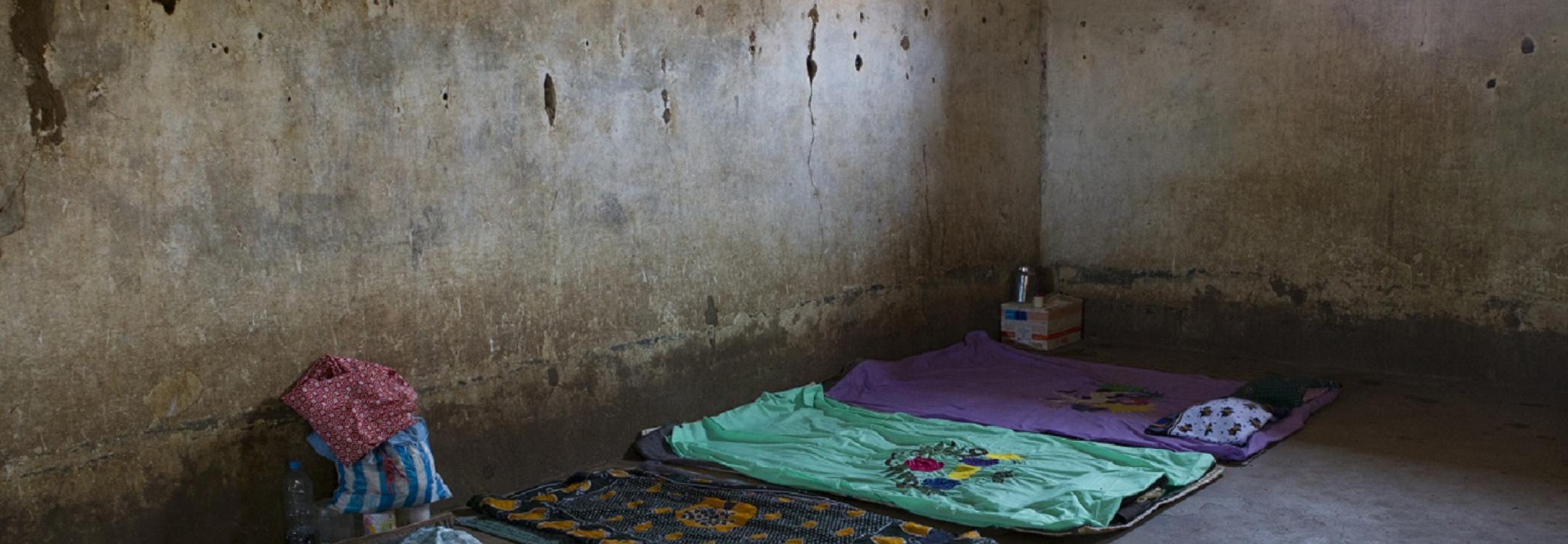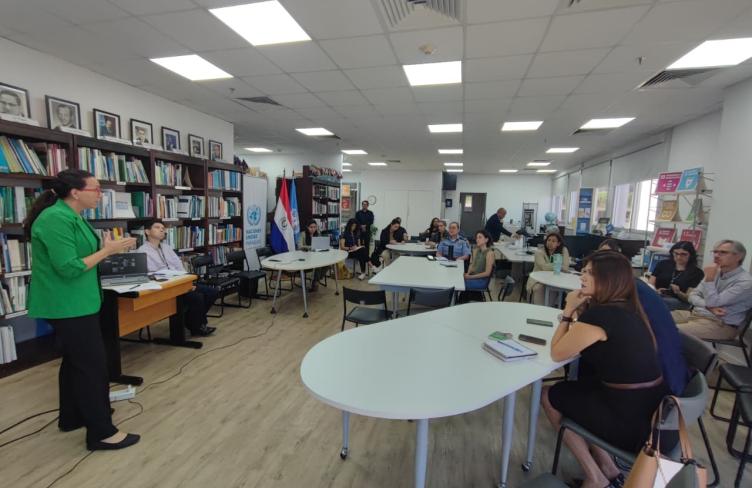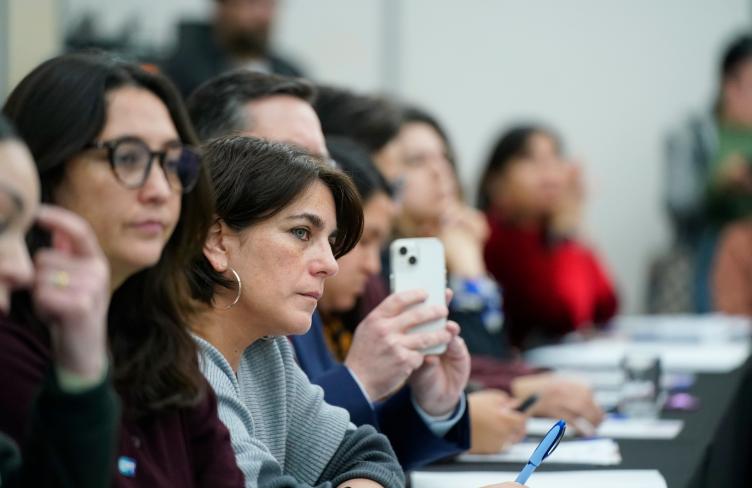
On 17 September 2018, the law giving the mandate of National Preventive Mechanism (NPM) to Rwanda’s National Commission for Human Rights (NCHR) entered into force, following its sign-off by President Paul Kagame on 24 August 2018, and its subsequent publication in Rwanda’s Official Gazette. The NCHR is now mandated to carry out, with or without notice, regular visits to all places where people may be deprived of liberty, as well as to issue recommendations to relevant authorities with the aim of improving conditions of detention and preventing torture and other ill-treatment. Rwanda officially became a State party to the Optional Protocol to the UN Convention against Torture (OPCAT) on 30 June 2015, when it deposited the ratification instrument with the UN Secretariat. Since then, the APT has been accompanying the implementation process, including by preparing the ground with the NCHR to integrate the NPM’s preventive approach into its work, a challenging task in view of the number of reforms that the NCHR must undertake to that effect.
“This is a major step forward for Rwanda, and possibly for the region as a whole,” said Jean-Baptiste Niyizurugero, APT’s Programme Officer for Africa. “A successful process in Rwanda could inspire other States in the region to follow suit in taking effective measures to prevent torture and ill-treatment, and strengthen public trust in their respective justice systems.”
The APT will continue to accompany the OPCAT implementation process in Rwanda by supporting the NCHR in the effective integration and operationalisation of its new mandate. This includes ongoing support to the revision of its internal rules, as well as capacity-building of its Commissioners and staff to monitor places of deprivation of liberty, draft preventive recommendations and follow-up on their implementation.
Part view of participants to one of the stakeholders’ consultations, jointly organised by the Ministry of Justice, the NCHR and the APT in September 2016, that led to the designation of the NCHR.
Training and awareness-raising sessions were organised for various stekholders along the NPM law process.
The APT supports the implementation process of the OPCAT in Rwanda thanks to the support of the City of Geneva and the Kingdom of Belgium.
For more information on:
- Our work in Rwanda, please click here
- Rwanda’s implementation of the OPCAT, please access our OPCAT Database



